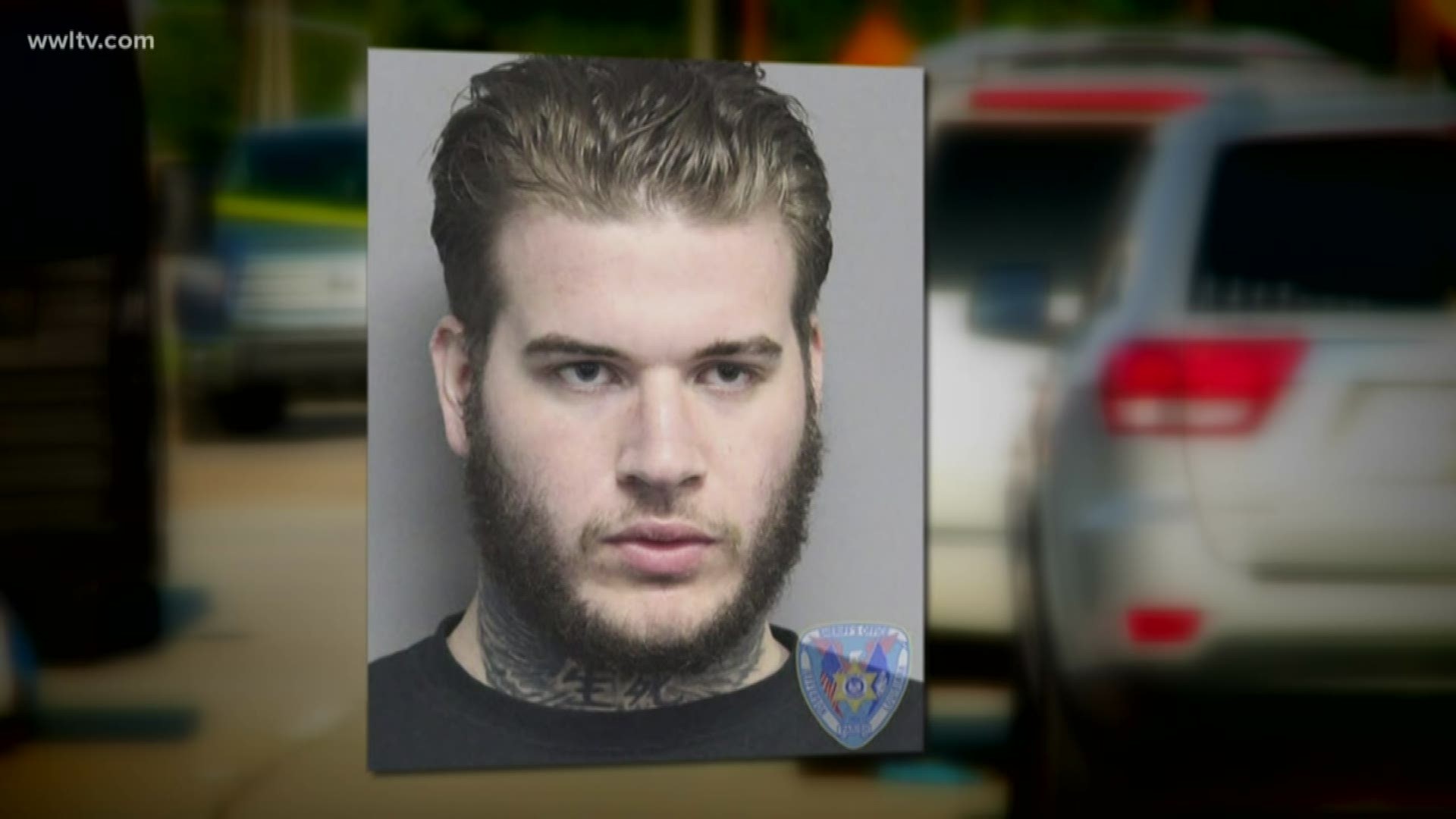NEW ORLEANS — When Sheriff Joseph Lopinto announced the arrest of Sean Barrette, the revelation that Barrette had a history of mental health problems brought one big question to a lot of our viewers' minds: How did he get a gun?
"(Suspect Sean Barrette) has a history of mental problems recently. He had two physician emergency committals, one being in December of 2018 and another one in April of 2019," said Sheriff Joseph Lopinto of Jefferson Parish. "There was nothing in the civil record of the court that would have prevented him from owning a fire arm. He had no previous criminal history."
WWL-TV legal analyst Chick Foret explained the law.
"The federal law is pretty clear, and it essentially says there's got to be an adjudication by a judge that he's mentally ill," Foret said.
The law for a name to be put in the FBI database also applies if there is an involuntary commitment into a mental hospital, Foret said.
Jefferson Parish Coroner Dr. Gerry Cvitanovich says after the court, a judge, makes that determination, the ruling is then sent to the national gun data base. He often gets asked since the coroner's office handles calls on mental illness, why he can't go to court. But it's because experts in his office are considered an adversary, a witness in the case.
"I wish we could. We'd have a pretty decent sized list just in Jefferson Parish alone. If somebody has a family member, relative that they feel is unsafe to own weapons, then they should get a lawyer to go to a judge and ask for assistance," Dr. Cvitanovich said.
So families need to be the advocate for a loved one who is mentally ill.
A Facebook page with Barrette's name and picture reveals little about him, but has a cover photo of notorious Colombian Drug Lord Pablo Eescobar.
In his last public post from May 25, he wrote, "not impressed by u at all so u won't see me again."

